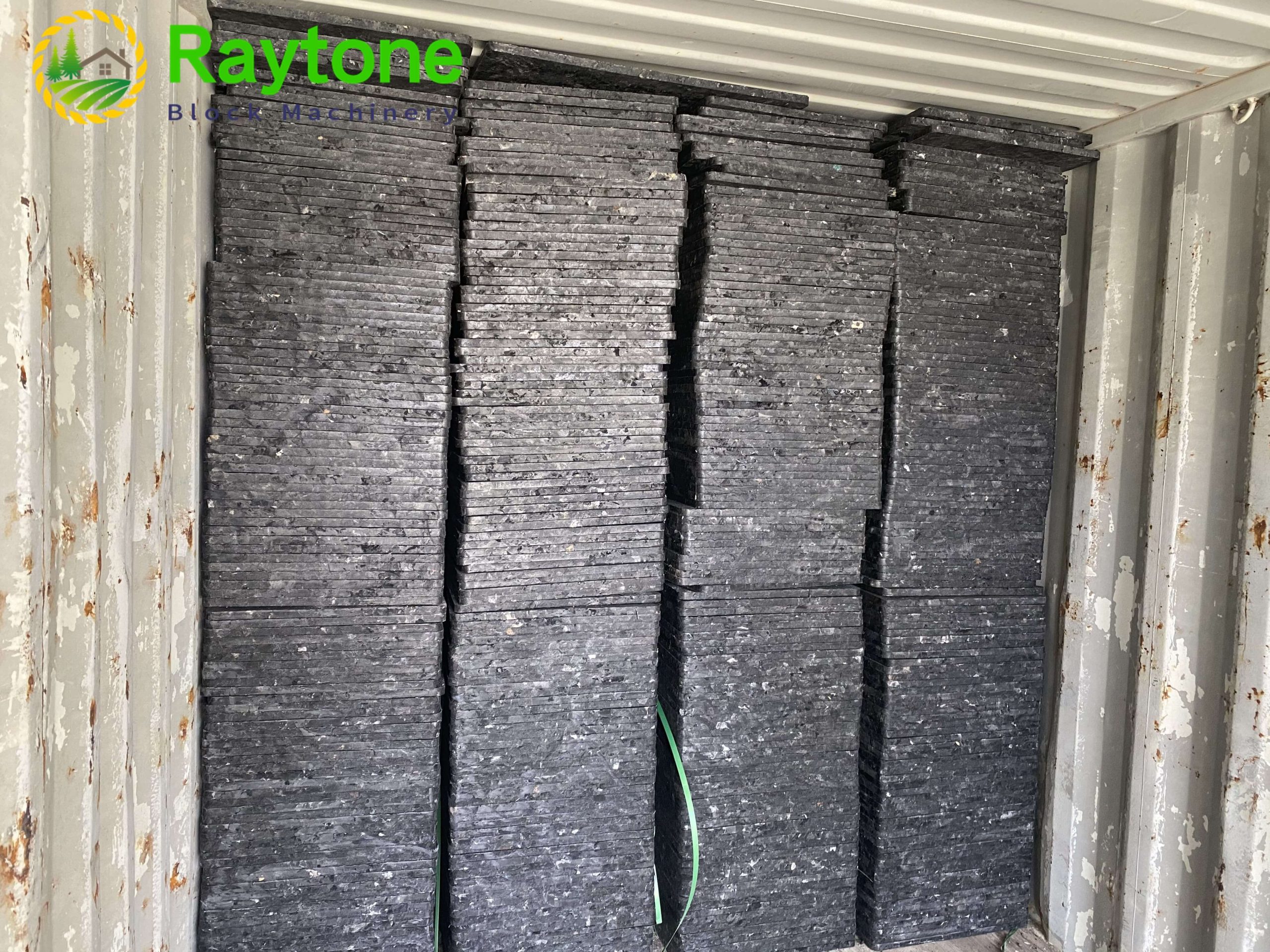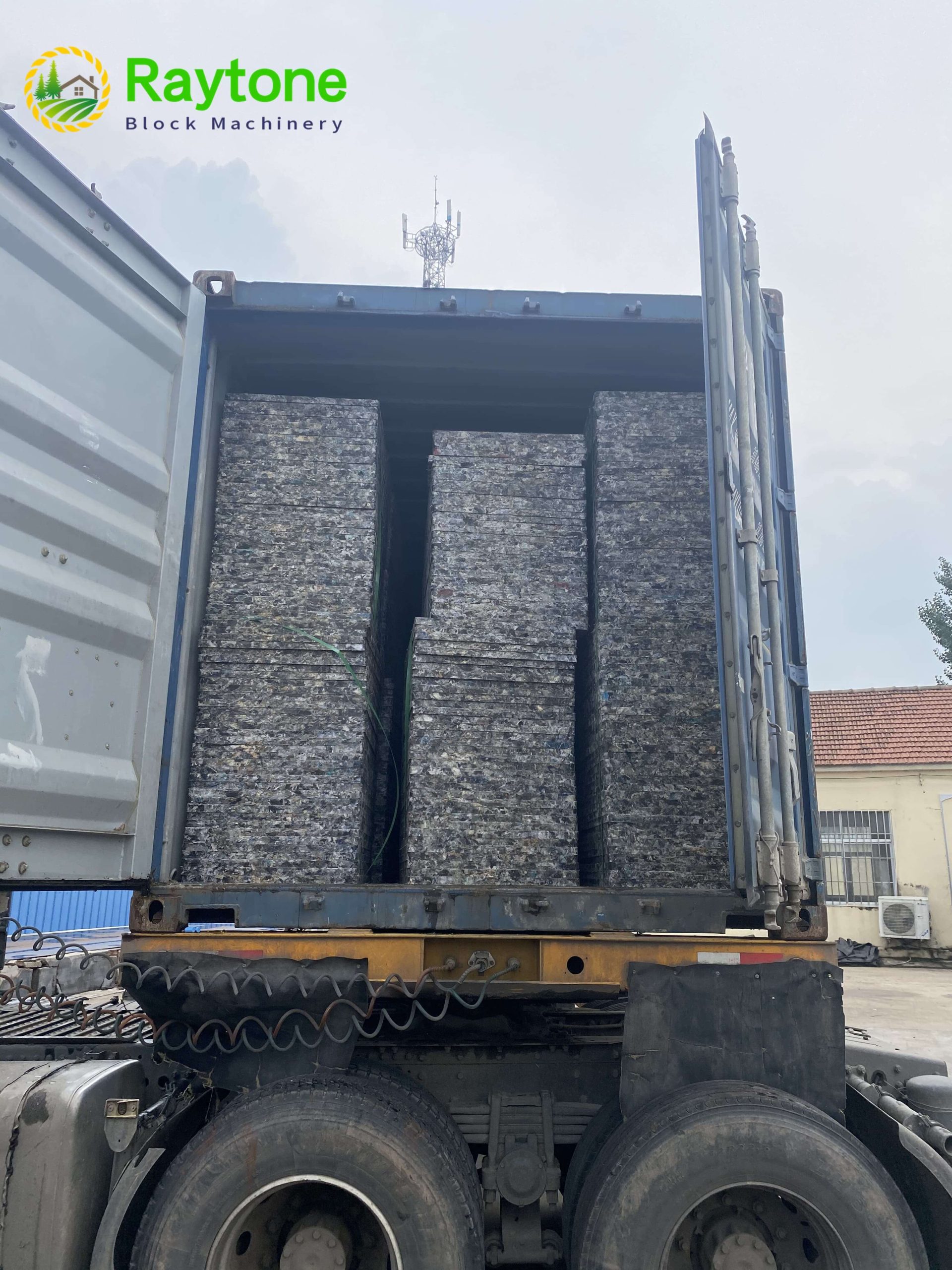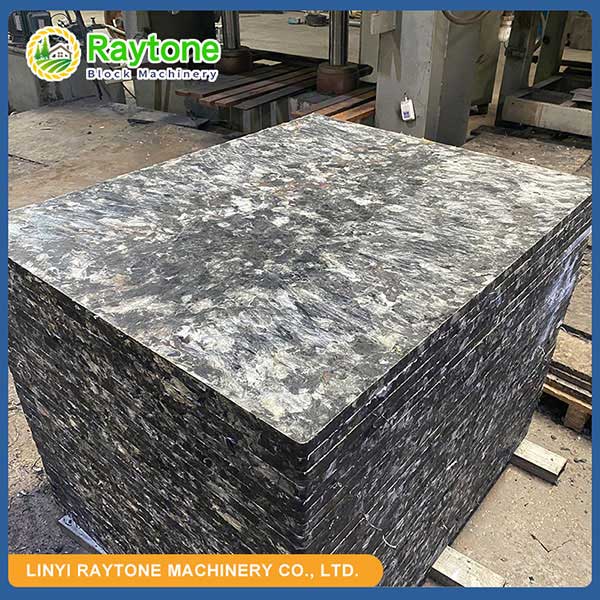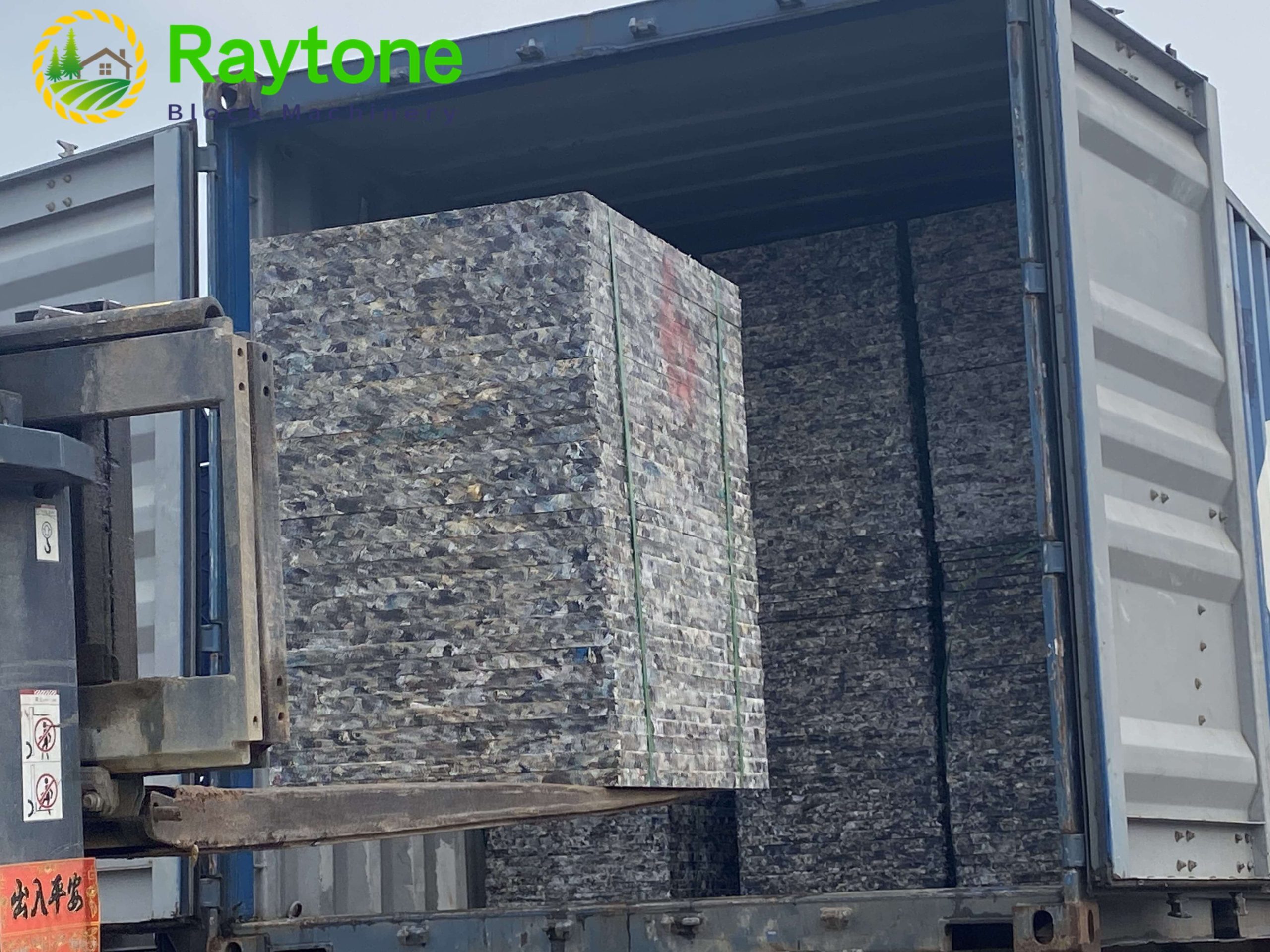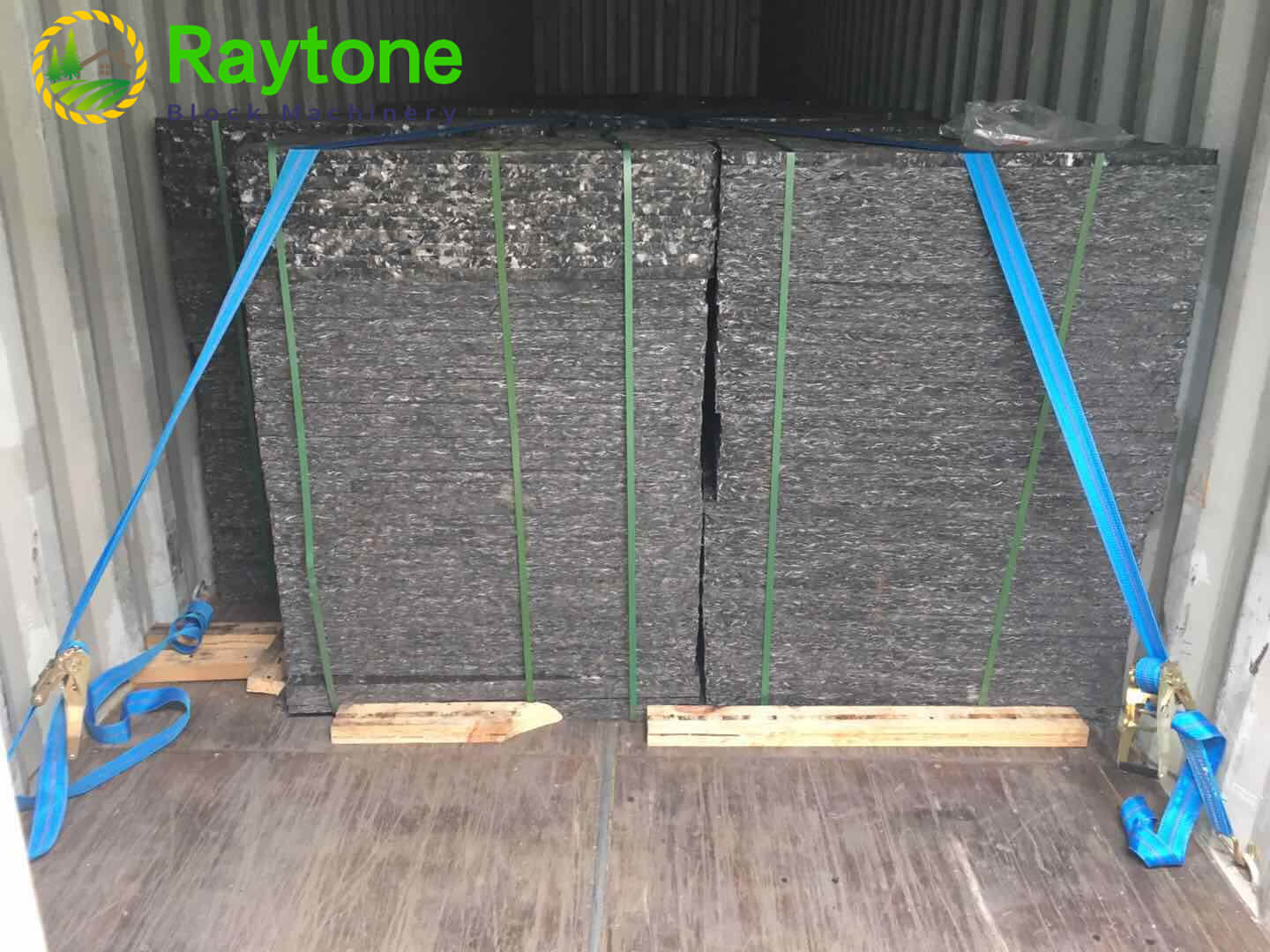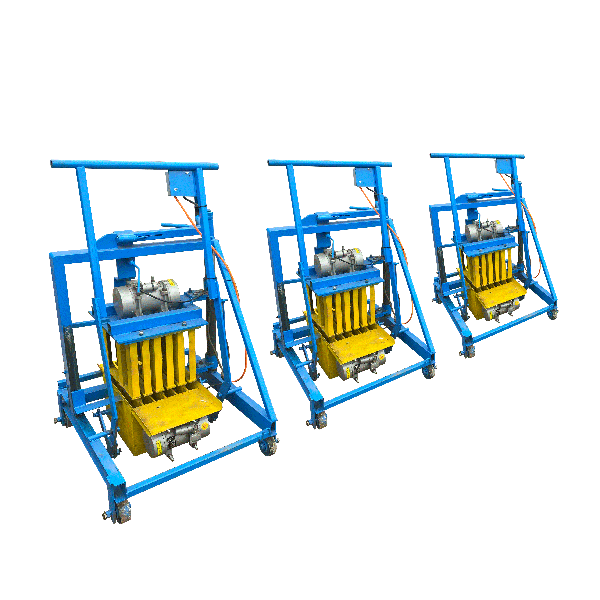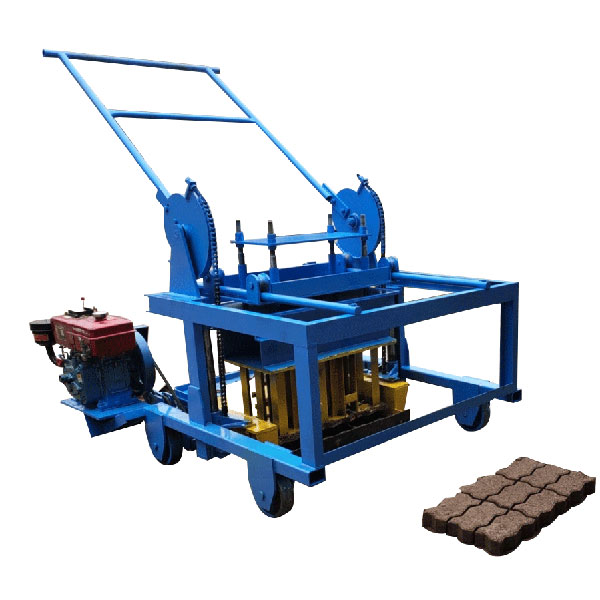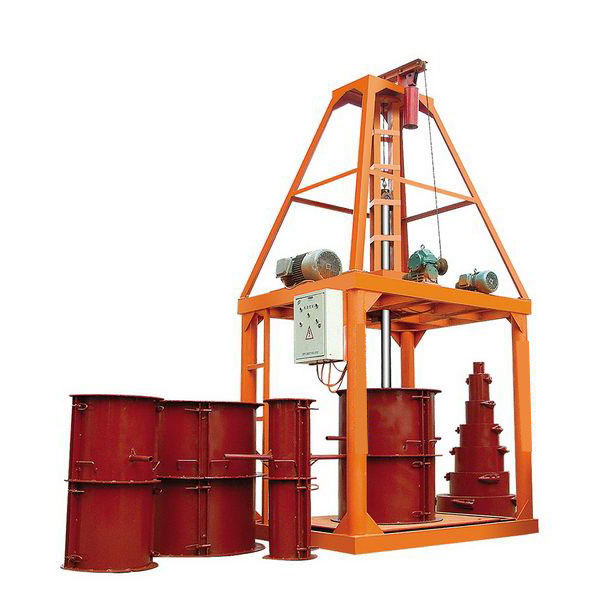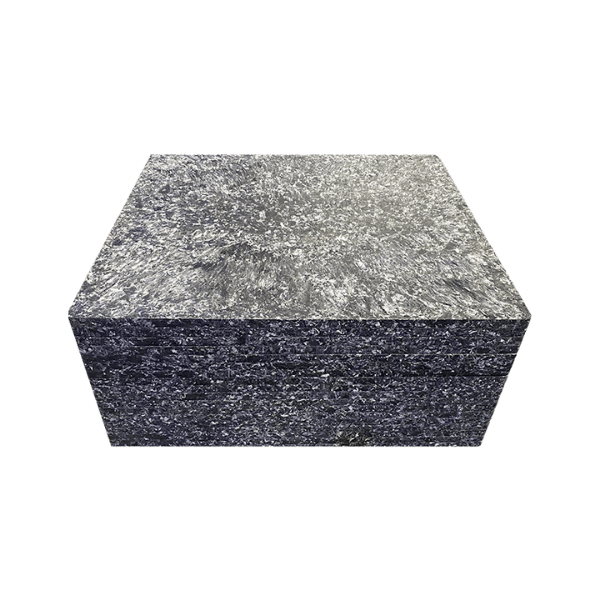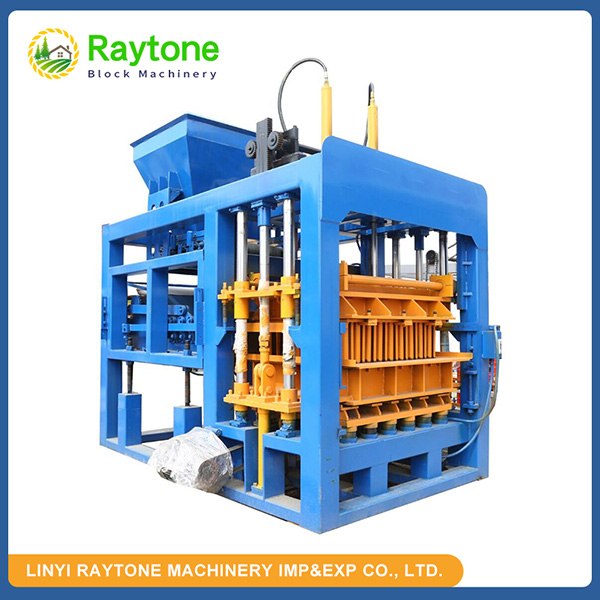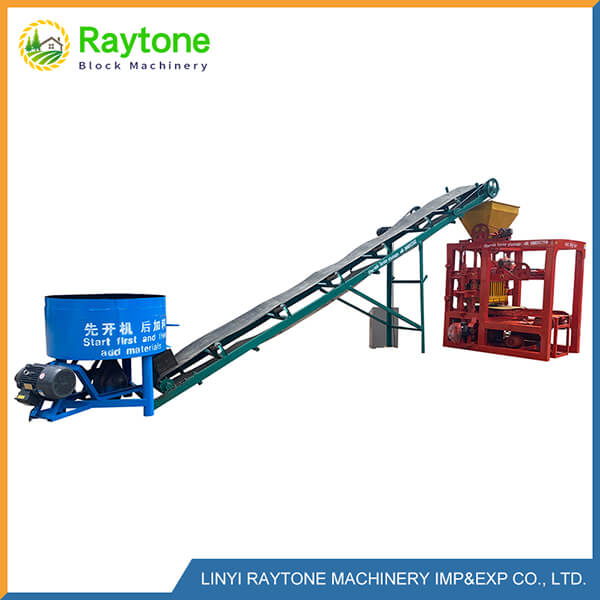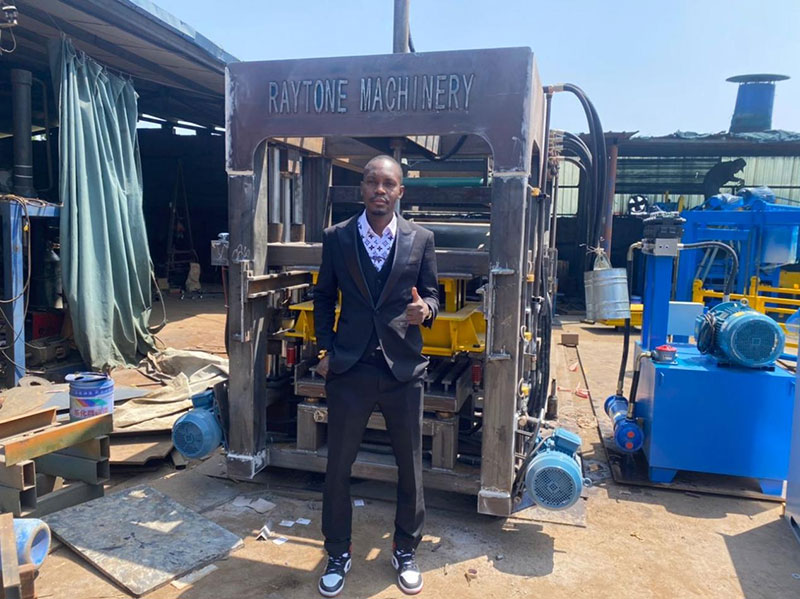Cement pipe making machines are essential equipment in the construction industry, revolutionizing the production of durable and high-quality concrete pipes. These sophisticated machines streamline the manufacturing process, ensuring consistency and efficiency in pipe production. By understanding the key components and operation of a cement pipe making machine, businesses can optimize their production processes and deliver superior products to meet the growing demands of infrastructure projects worldwide. In this comprehensive guide, we’ll explore the intricate workings of these machines, focusing on industry-leading models like the QT-120 concrete pipe making machine, and delve into the crucial elements that make them indispensable in modern construction.
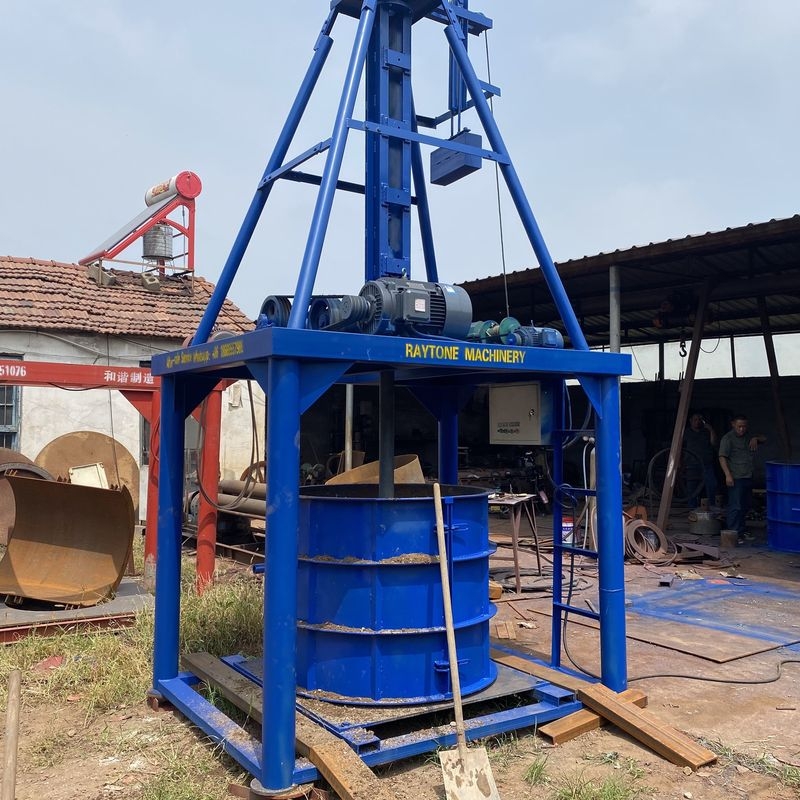
Essential Components of a Cement Pipe Making Machine
Mixing System
The heart of any cement pipe making machine is its mixing system. This crucial component ensures that the concrete mixture achieves the perfect consistency for pipe formation. Advanced models incorporate high-efficiency mixers that blend cement, aggregates, and water with precision. The mixing system often features automated controls to maintain optimal ratios, resulting in a homogeneous concrete mix that guarantees the strength and durability of the final product.
Molding Assembly
The molding assembly is where the concrete mixture takes shape. This component consists of inner and outer molds that define the pipe’s dimensions and wall thickness. In state-of-the-art machines like the QT-120, the molding process is highly automated, utilizing hydraulic systems for smooth operation. The molds are designed for quick changeover, allowing manufacturers to produce pipes of various sizes and specifications with minimal downtime.
Vibration System
To ensure the concrete is evenly distributed and free from air pockets, cement pipe making machines employ a sophisticated vibration system. This component applies controlled vibrations to the mold during the forming process, compacting the concrete and eliminating voids. The result is a dense, uniform pipe structure that meets stringent quality standards. Advanced vibration systems in modern machines offer adjustable frequencies and amplitudes to optimize compaction for different concrete mixes and pipe sizes.
Operation Process of a Cement Pipe Making Machine
Material Preparation and Mixing
The operation of a cement pipe making machine begins with careful material preparation. Raw materials, including cement, sand, gravel, and water, are precisely measured and loaded into the mixing system. The QT-120 concrete pipe making machine, for example, features an automated batching system that ensures accurate proportioning of ingredients. During the mixing phase, additives may be incorporated to enhance the concrete’s properties, such as accelerators for faster curing or water-reducing agents for improved workability.
Pipe Forming and Molding
Once the concrete mixture reaches the desired consistency, it’s transferred to the molding assembly. In advanced machines, this process is automated, with the mixture being evenly distributed into the mold. The inner and outer molds are then brought together, shaping the concrete into a cylindrical form. During this stage, the vibration system activates, ensuring thorough compaction of the concrete. The precision of this process is crucial for producing pipes with consistent wall thickness and structural integrity.
Curing and Quality Control
After molding, the freshly formed pipes enter the curing phase. Modern cement pipe making machines often incorporate automated curing systems that control temperature and humidity to optimize the concrete’s strength development. During curing, the pipes are carefully monitored to prevent cracking or other defects. Once cured, each pipe undergoes rigorous quality control checks, including dimensional accuracy, surface finish, and strength testing. This meticulous attention to detail ensures that every pipe meets or exceeds industry standards before leaving the production line.
Advantages of Using Advanced Cement Pipe Making Machines
Increased Production Efficiency
Advanced cement pipe making machines, such as the QT-120, offer significant advantages in terms of production efficiency. These machines are capable of producing pipes at a much faster rate compared to traditional methods, with some models manufacturing multiple pipes simultaneously. The automation of key processes, from mixing to molding and curing, minimizes human error and reduces labor costs. This increased efficiency translates to higher output and improved profitability for manufacturers.
Enhanced Product Quality
The precision engineering of modern cement pipe making machines results in consistently high-quality products. Advanced mixing systems ensure uniform concrete composition, while precise molding and vibration technologies produce pipes with superior structural integrity. The controlled curing environments in these machines optimize the development of concrete strength, resulting in pipes that meet or exceed industry standards for durability and performance. This level of quality control is particularly important for infrastructure projects where pipe reliability is crucial.
Versatility and Customization
Today’s cement pipe making machines offer unparalleled versatility, allowing manufacturers to produce a wide range of pipe sizes and types. Many machines, including the QT-120 concrete pipe making machine, feature interchangeable molds and adjustable settings that enable quick transitions between different pipe specifications. This flexibility allows manufacturers to respond swiftly to changing market demands and customer requirements, producing everything from small drainage pipes to large-diameter culverts with the same equipment.
Conclusion
The cement pipe making machine stands as a testament to the advancements in construction technology, offering unparalleled efficiency, quality, and versatility in concrete pipe production. By understanding the key components and operation of these machines, manufacturers can leverage their capabilities to meet the growing demands of infrastructure development worldwide. As the industry continues to evolve, machines like the QT-120 concrete pipe making machine will play a crucial role in shaping the future of construction, delivering durable and cost-effective piping solutions for generations to come.
Contact Us
At Raytone Machinery, we’re committed to providing cutting-edge block and pipe making solutions that drive your business forward. Our range of high-performance machines, including advanced cement pipe making equipment like the QT-120 concrete pipe making machine, is designed to meet the diverse needs of the construction industry. Experience the difference that quality, efficiency, and innovation can make in your production process. For more information about our products or to discuss how we can tailor a solution for your specific needs, please contact us at hazel@raytonechina.com. Let’s build a stronger future together.
References
- Johnson, A. (2023). “Advancements in Concrete Pipe Manufacturing Technologies.” Journal of Construction Engineering, 45(3), 287-301.
- Smith, R. & Brown, T. (2022). “Quality Control in Precast Concrete Pipe Production.” Concrete International, 40(8), 52-58.
- Zhang, L. et al. (2021). “Optimization of Vibration Parameters in Concrete Pipe Molding.” Materials and Structures, 54(2), 1-15.
- Miller, D. (2023). “Sustainable Practices in Concrete Pipe Manufacturing.” Environmental Science & Technology, 57(11), 6324-6335.
- Thompson, E. (2022). “Economic Impact of Automated Concrete Pipe Production.” Construction Management and Economics, 40(7), 623-638.
- Lee, K. & Park, J. (2023). “Innovations in Curing Technologies for Precast Concrete Products.” Cement and Concrete Research, 165, 107024.


